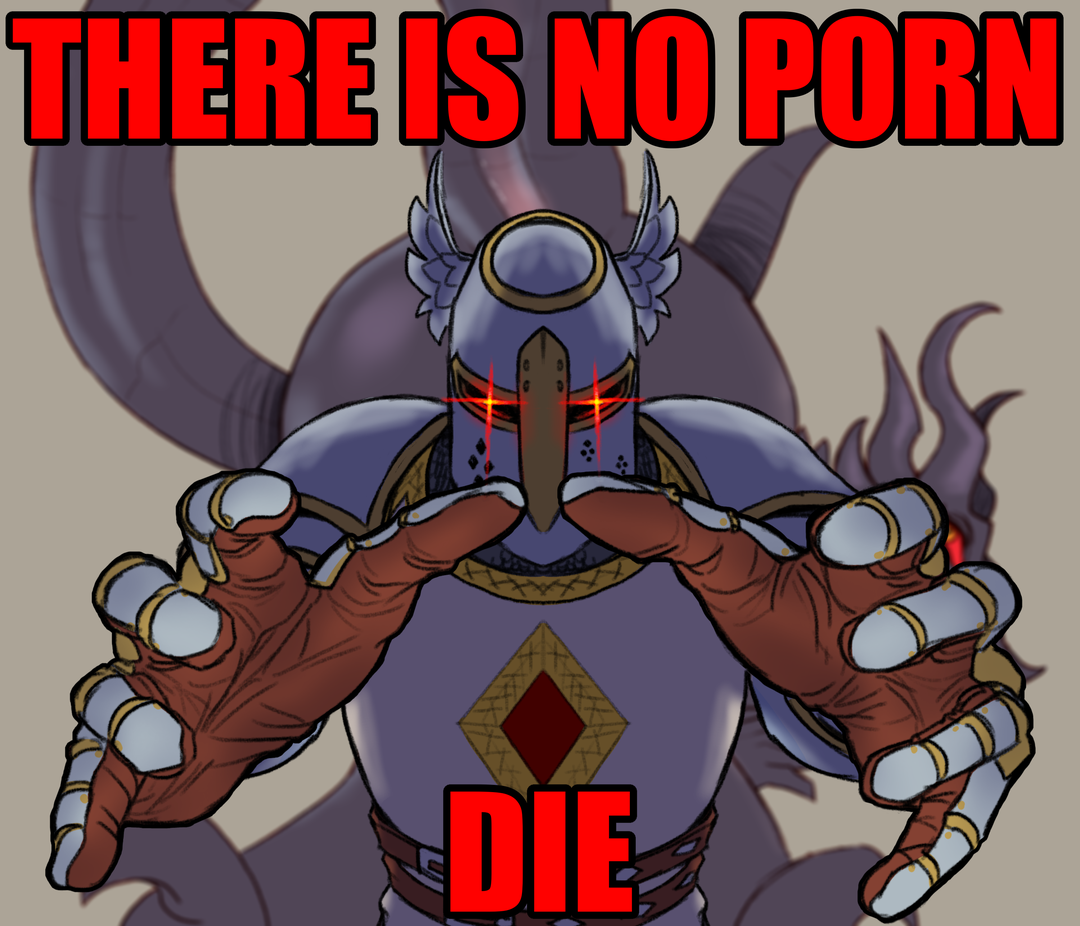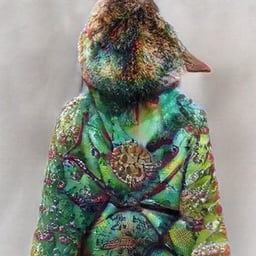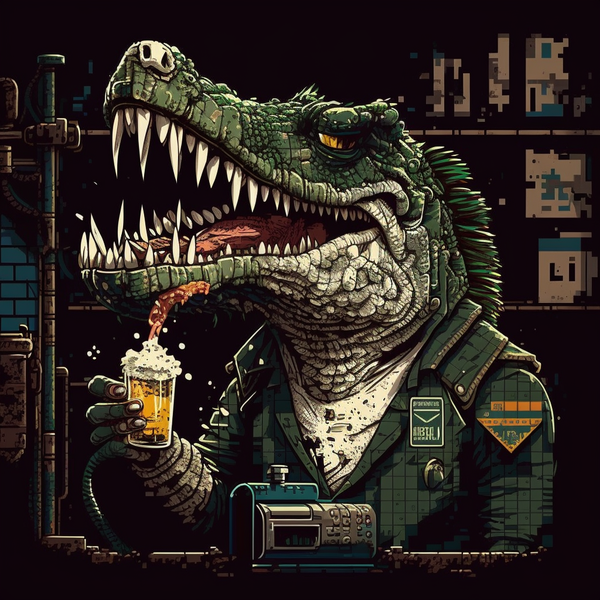A recent preprint paper examines the minimum number of people required to maintain a feasible settlement on Mars while accounting for psychological and behavioral factors, specifically in emergency situations. This study was conducted by a team of data scientists from George Mason University and holds the potential to help researchers better understand the appropriate conditions …
I saw a documentary about this - you actually only need one person as long as they like eating potatoes
Are you talking about pirate Mark Watney?
Space pirate!
PO-TA-TOES
An old volleyball will do in a pinch. But not for too long
Wilson?
Wiiiilsssooooooooonnn!
deleted by creator
Literally my calling.
“In the end, they determined that a minimum colony population of 22 agents was ideal to maintain a feasible Mars mining colony over the long-term.”
Until one of them is The Thing.
I always confused “The Thing” with the character from Fantastic Four. And never understood why people were afraid of a rock person who shouts “It’s clobbering time!”
because they do not wish to be clobbered
You can get it down to 21 if you call Black Jack.
Does that include the mad eco terrorist/saviour stow away who kick starts terra forming Mars then founds his own colony on the South Pole?
Yes, but that’s four different people. One eco-terrorist, one stowaway, one terraforming fanatic, and one founder of a weird sex cult.
Only if your not good at multitasking…
If the first mars colony isn’t named Underhill I will riot
Sorry it will be called, Ultor mining settlement one.
Removed by mod
No Mars colony without a Coyote
Presumably some of them would have to be female, making a Mars colony settled entirely by muskies unviable.
Unviable, but maybe still a net benefit for the rest of us
You want a colony consisting only of fanatics? Then 22 may be the number. It’s going to be 22 very different types, and every one of them has to decide every day that this is going to last long…
If you want a colony consisting of normal people that lasts for long, then you need thousands. Humans need a lot diversity before they can be normal and stay healthy.
Considering humanity was knocked down to about 1200 people about 800,000 years ago and we survived without any technology to speak of, let alone genetic testing that would help determine maximum diversity, I’d say you might be surprised.
That assumes that everyone will be willing to have children with just about anyone, regardless of their personal opinion of them, and regardless of whether or not they even want children to begin with. You can’t selectively breed humans without massive human rights violations.
many things were very different then.
I recall a similar study years ago. They concluded 32 was minimal viable, assuming a strict breeding regiment over several generations, with 8 men and 24 women. They also concluded about 500 would be the smallest practical size, given people aren’t robots and losing even a couple people before leaving the breeding pool would be very bad. That was a fundamentally different study though, looking at long term, self sufficiency. This one seems more focused on an Antarctica like outpost that would be able to cycle people in and out, and not establishing a full on colony.
It’s not about building a local population on Mars that will populate the planet, it’s about the bare minimum to operate an outpost with regular supply drops from earth and replacement personnel in case of fatalities.
They need Ice Cube incase there is a ghost on mars
Uhm… I will need some context.
Not really. The whole joke is right there. Search for it.
Ah ok I haven’t seen this movie.
A rapper, a ghost huntman, and some frozen water walk into a bar
🧊
I’m happy just putting Musk there.
Musk comes from Uranus though
We can’t even look after earth. Why are we trying to colonise another planet??
Because we’re going for mass effect instead of star trek
Only if we find a convenient Mass Relay. Otherwise it’s The Expanse for us.
Hell yeah space sex with sexy alien sexy sex sex
I hate to be a hater but this is quite possibly the most depressing outlook on life there is. Its like saying “we cant even be proper hunter gathers. Why are me trying this farming thing”. Is it not in human nature to climb one mountain just to look to the next?
We can’t even look after earth.
You seem to have answered your own question.
There is nothing short of the moon falling to the Earth that can make Mars a more viable place for humans than the Earth.
Removed by mod
🤑
Well that’s a reason.
At the moment with current technology, colonising other planets in the solar system is unsustainable without a lot of effort from earth so I doubt anything will come out of it in the near term.
No colonising please. Leave that nonsense to the Age of Sail. By all means, have a science outpost but no permanent and growing settlements, no terraforming, no farming, no mining. We have our own planet and other worlds are not our “manifest destiny to conquer”. We must be the Watchers, not the Contangion. Humanity should go to the stars to explore but not to destroy it in our image. Create any permanent settlements on Mars and wars and misery will soon follow.
You can’t stop it. Not only because of the resources but also as a way of continuing our existence. It’s just a matter of time.
Watcher of what? It’s a dead planet
Humans could be about to ruin whatever was supposed to survive on Mars in a couple million of years. We’ve disrupted our own planet, and are about to destroy another one. And honestly, we’re not all that great as a species.
Your ideas are honorable, but imperialists are ruling the world.













